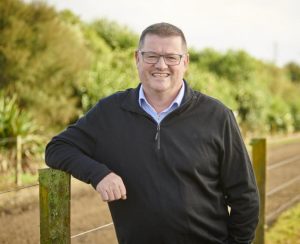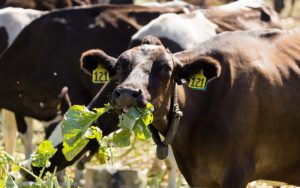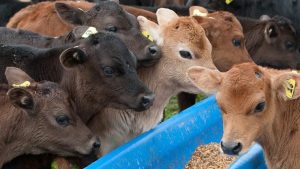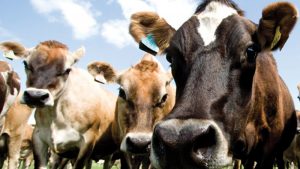
I’ve been following it quite closely for a while now and I’m still a little hesitant to put my thoughts down because I still don’t have my head around all of it.
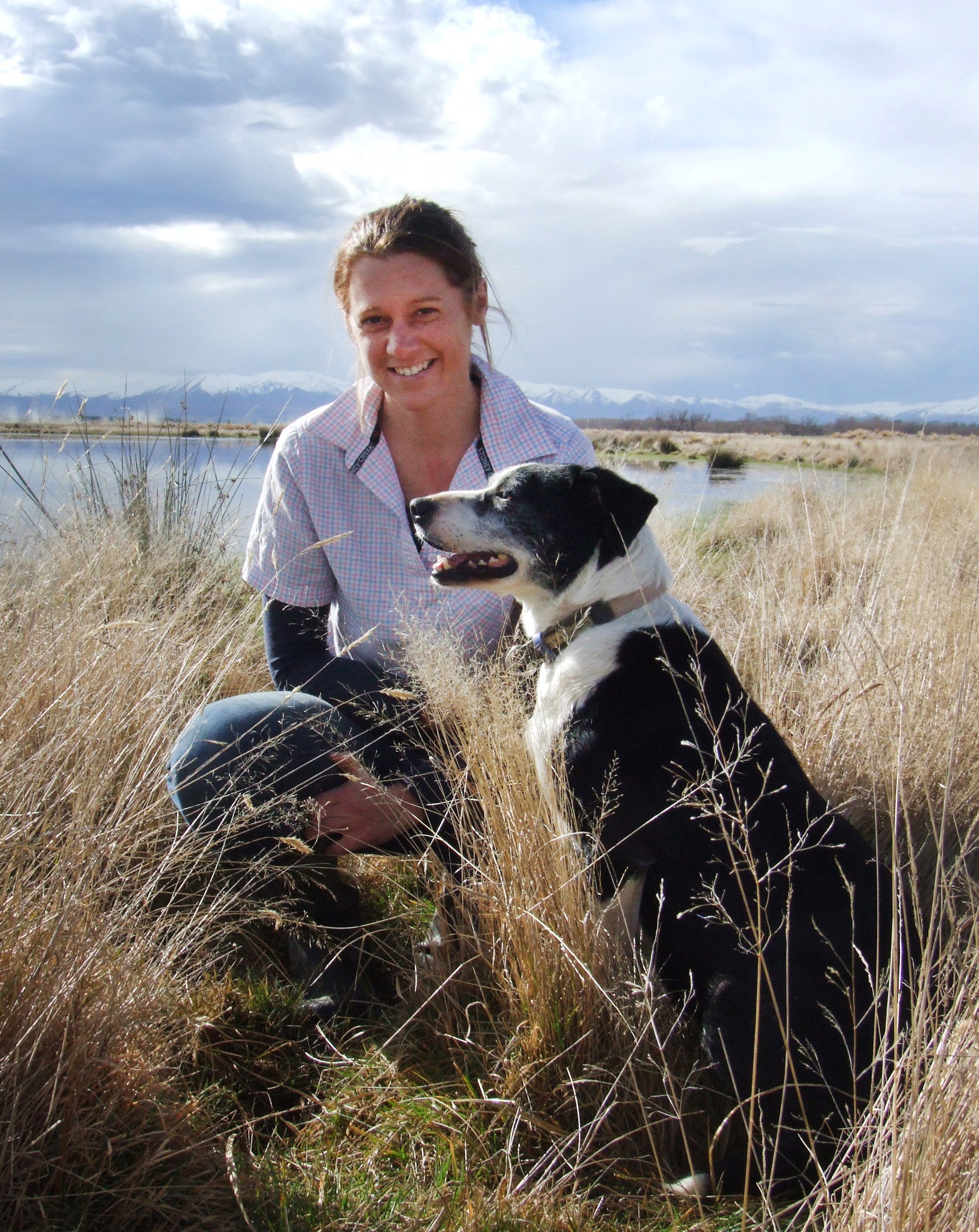
Ultimately, that’s a mean feat for any farmer trying to keep up with daily farm work, but with a team effort there have been some awesome ideas coming in from different angles.
I’ve tried here to take one angle and give a little bit of perspective around how it has landed with me in my line of work – and that’s around people and community collaboration for social, economic and environmental outcomes.
It is so frustrating to watch any feedback and context shared around this topic in unconstructive ways so that it is not heard.
Loud, confrontational voices or siloed echo-chambers take up time and energy, getting in the way of constructive conversation that can have meaningful influence.
Things are happening so fast and while that’s uncomfortable, it’s often easy to forget what we agree on and get tied up in what we don’t.
Sometimes things might not be quite right but it pays to remember that someone is always on the other end of our words and personalising environmental challenges doesn’t have good policy outcomes.
You can’t influence change if no-one is taking you seriously — it’s like entering battle after battle and setting yourself up to lose the war.
If you’re sitting on the outside looking in it’s easy to assume that the loudest voices are a majority. Because of this, I think it is making it all look too easy for He Waka Eke Noa (HWEN) to take the simple path.
For me, the easy path is the processor hybrid, and easy is not always right. The ETS is the easy thing for the Government to do and while that’s got me worried about the wider impacts of this (which are well-known), I want to stick to the social impact here.
The split gas is a great start to HWEN but there is little reference to the social fit and impact of the two policy options.
The characteristic of good environmental policy is that it changes behaviour in a way
that is appropriate to the needs of communities.
When policy lands and it is not understood, largely because it is not fit for purpose, there is no understanding to the ‘‘why’’ therefore, the response of individuals is resort to a silo of bare minimum compliance, leaving the enforcement to the regulator. In this instance — just pay the tax.
Another consequence is that this behaviour can cross over into other environmental challenges. At $81/t + carbon price in the ETS, we should be seeing widespread pine plantations. While this is an issue in some areas, it is nowhere near happening at the rate it could and this is the in-your-face evidence that a majority of farmers just want to do the right thing over what is easy.
This social behaviour is not given enough air time, and ignoring it is detrimental to future generations by impacting that sustainably focused problem-solving culture we have.
A direct tax on production is not linked to actual emissions in the first instance so there is no direct incentive for behaviour change. Even if the processor hybrid is a stopgap, it’s a delay.
The knock-on impact of inappropriate environmental policy in New Zealand has, and is, having wide-reaching social impact, and that needs to be taken into consideration because it’s got us on a culturally destructive, slippery downward spiral.
I’ve heard the primary sector criticised because of their unwillingness to embrace change, and while this is true to a point, I feel like the majority of us just need to be given the chance to take ownership over a problem.
I think there is an opportunity here for this, but so many people have withdrawn from engaging, or engaging the right way, because they feel unheard and ignored (part of the downward spiral).
I’m not giving them a hall pass, not one bit, because the impact has put more pressure on the remainder of people who are engaging, trying to keep up with about six different environmental reforms, in a very short timeframe at the expense of their own business, among all the noise.
The difference with HWEN is that the consultation is coming from a different angle — our own industry — and there has been a huge amount of work gone into this and I feel like they are listening. So, if it’s not quite right, we need to give the feedback.
There are comments floating around that democracy is gone, but democracy is not gone just because you think no-one is listening … it’s only gone when you stop trying to be heard. But please refer to the second paragraph.
For me, farm level levy, in some shape or form is our opportunity as an industry to allow room for ownership over solutions on individual farms and innovate towards action-based engagement and gross reductions. There is concern about administration costs with a farm level levy and that farmers are not ready; I’m not really convinced of this. If the costs are high, I would also like to see that balanced with the cost of social implications because I think there is much more at stake.
The costs of an Emissions Management Contract are also not clear and to me that looks too much like a tick box, and tick boxes don’t change behaviour.
With HWEN, we have been given an opportunity, so let’s take the opportunity to allow ownership over a problem because that is what our industry needs right now.
It might not be quite right yet but needs our sector to take a leap of faith and stand up and say, ‘‘We can do this!’’.







